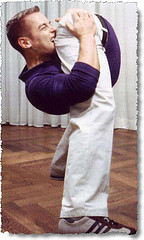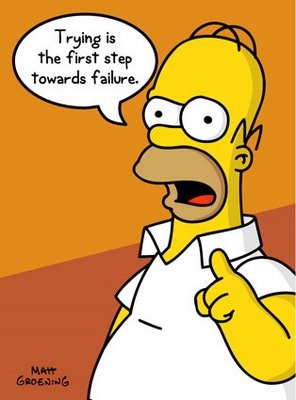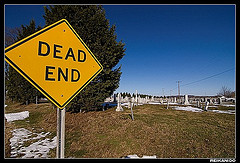Thanks to Ceete Sheekels Phd from AboutMedicalBillingAndCoding.Org for these researched white papers.
Health care fields are in high demand and this can make landing the job more competitive. So submitting a resume that is well organized can help you to stand out from the rest. When first creating your resume or revamping your original resume place the following at the forefront:
• Specialties
• Educational background
• Certification
• Licenses
It has been studied that when an employer receives a resume they will typically spend a minute or less looking at the resume. So if they are able to see the items that are important (the ones mentioned above) at first glance, this could make or break your chances of actually landing the position.
1. You may be wondering what the difference is between a health care resume and other resumes. In the health care field some of the differences include:
⎫ Life and death issues
⎫ Handling sensitive patient information
⎫ Decisions based on ethic or morals
This is why when creating or re-working your resume place your medical education at the beginning. This information should include the name and address of the college, university or vocational school you attended and then the degree and your graduation date.
2. Jobs within the health care field will make it a requirement that you are either certified, licensed or another form of accreditation. In the medical coding field, employers typically require that you have certification from the AAPC (American Association of Professional Coders). When adding your license or certification information, be sure to include if it is still current or the month and year that it expired (if you want to land the job make sure it is not expired). If you have titles that are abbreviated then spell out the abbreviation if it is one that may be unknown. Your title should be placed next to your name. So if your resume reads “Mary Matthews, CCS-P”, list it in your resume and spell it out Certified Coding Specialist Physician Based. This is especially important if you are applying to work at a larger hospital and your resume is sent to the HR department they may not have an understanding as to what this may mean.
3. Generally the header of your resume is your name; think outside the box when creating your resume by personalizing it to match the job you are applying for. For example, if you are applying to become a medical billing specialist and your previous title was “Insurance Billing Specialist” then feel free to use this. This method works because then the employer skimming through the resume will see the resume that matches the job posting.
4. Lastly, it is important to add your accomplishments and volunteer work you may have participated in. However, the volunteer work or the accomplishments you achieved should be relevant to the job that you are applying for. Also use this section to list all of the health care related organizations that you are currently a member of and any seminars that you have attended. This will show your potential employer that you are dedicated and passionate about the field.
| Be sure to look for us on your favorite networks: |
|---|
 |
 |
|---|
| Visit Our Bookstore for Great Values! |
|---|
 101 Tips Every Job Seeker Should Know |
 The Ultimate Online Job Seekers eBook |
 10 Biggest Interview Mistakes |
 10 Biggest Resume Mistakes |
|---|
| Check out these hot articles! |
|---|






![Higher Learning Leads to Higher Earnings, Especially for Men [InfoGraphic] Higher Learning Leads to Higher Earnings, Especially for Men [InfoGraphic]](../4022/4340939642_374fbff6e3_m.jpg)









2 Responses to “Resume Tips For Medical Field Professionals”